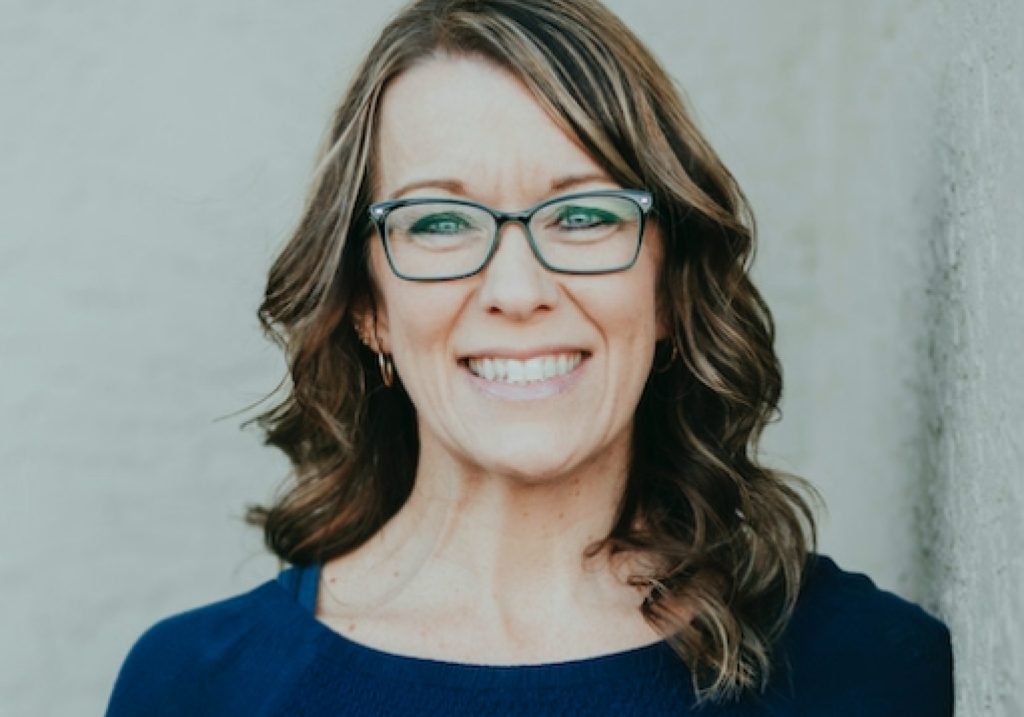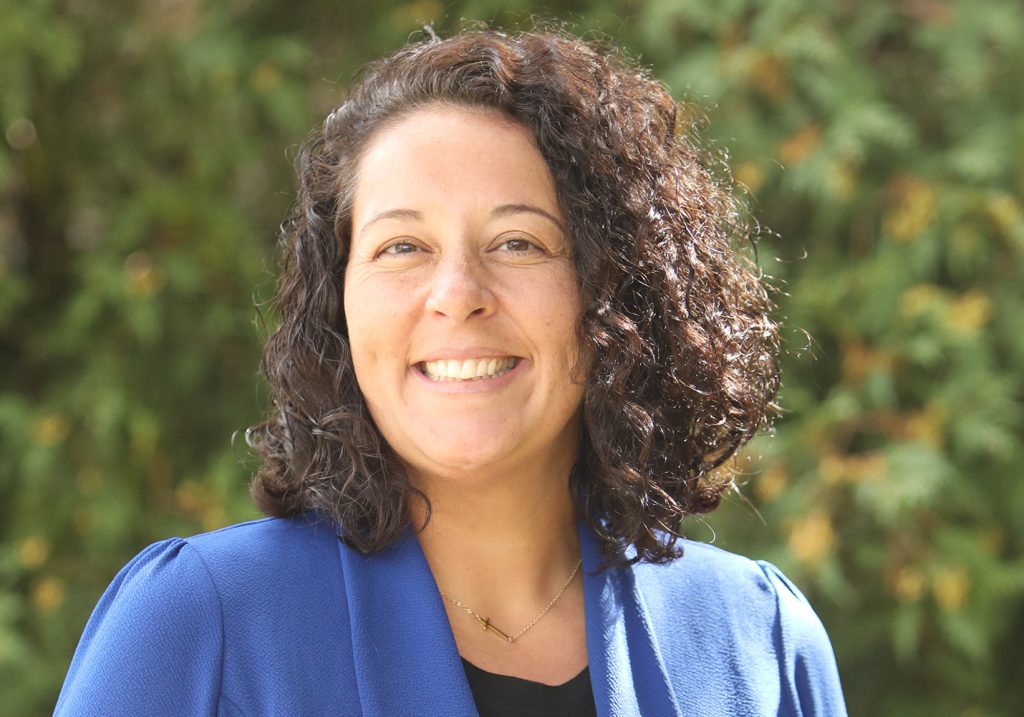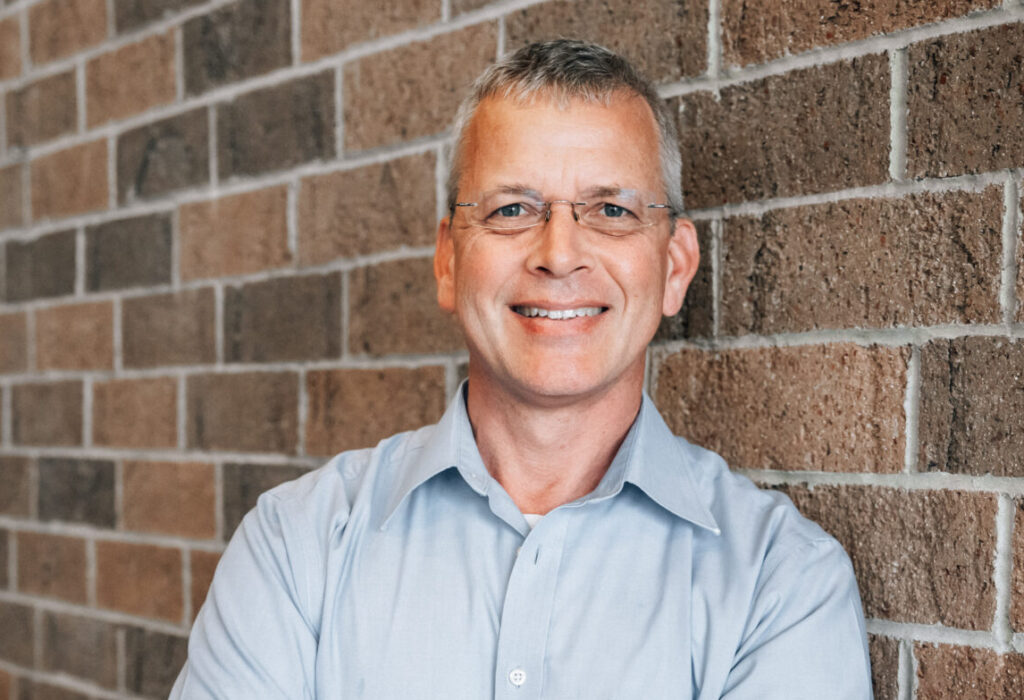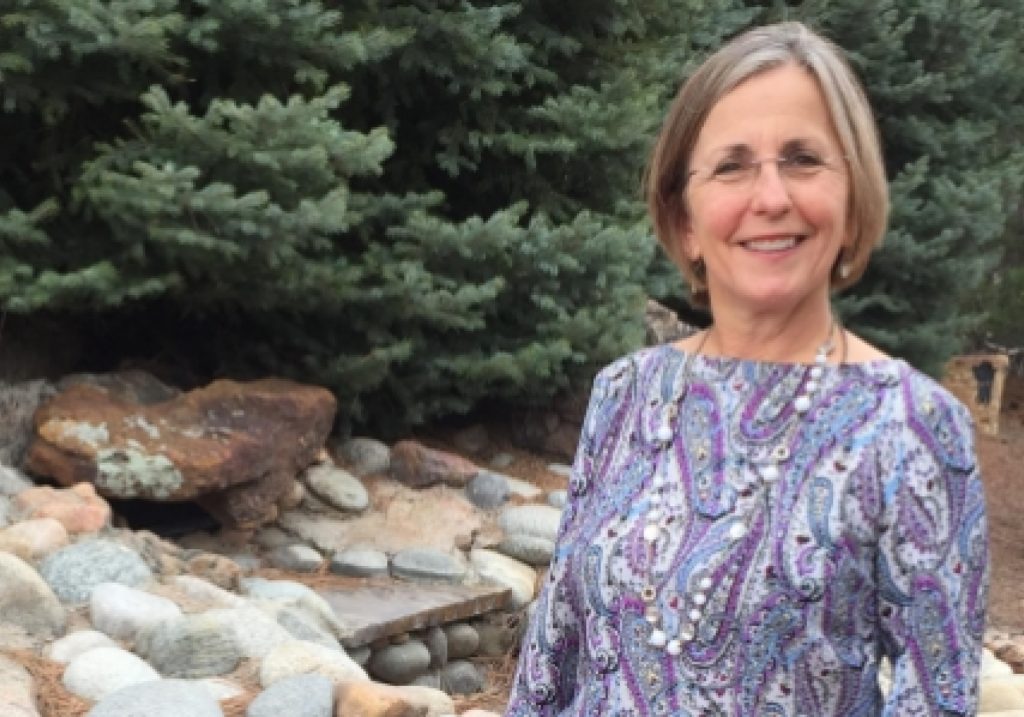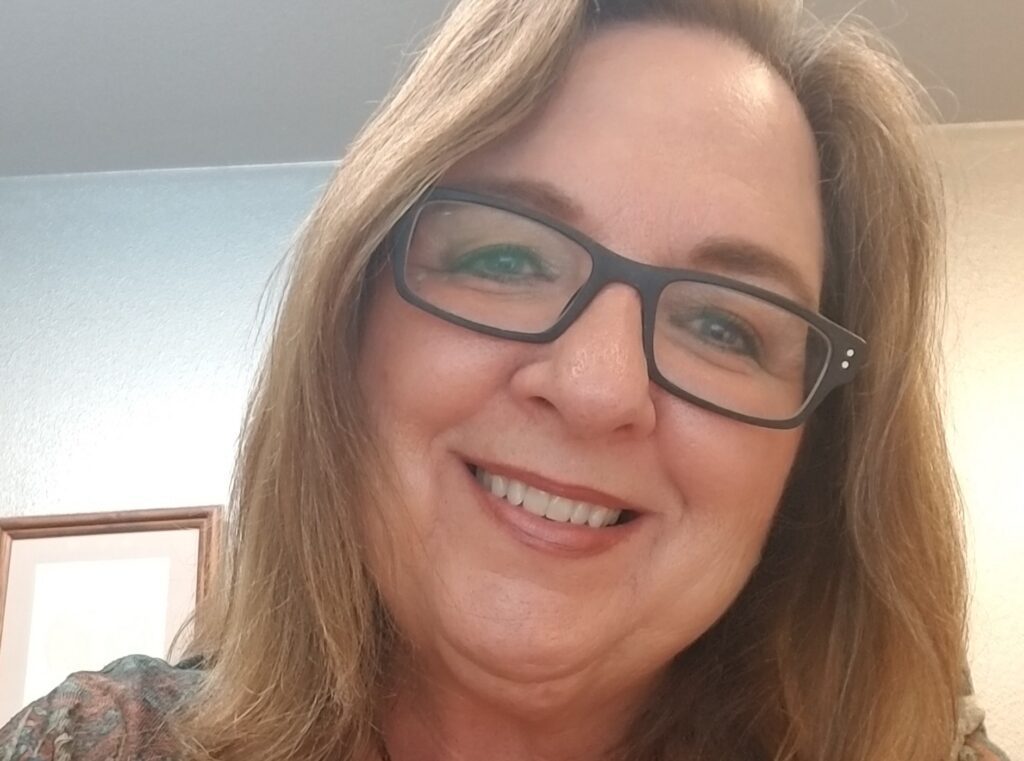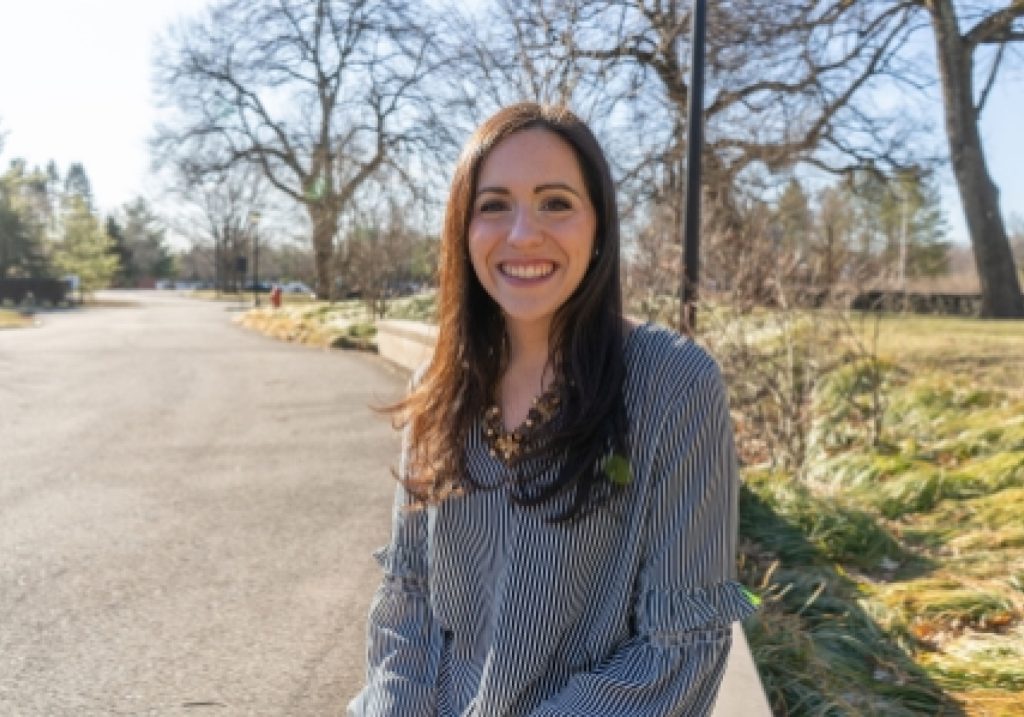Love INC Kenya
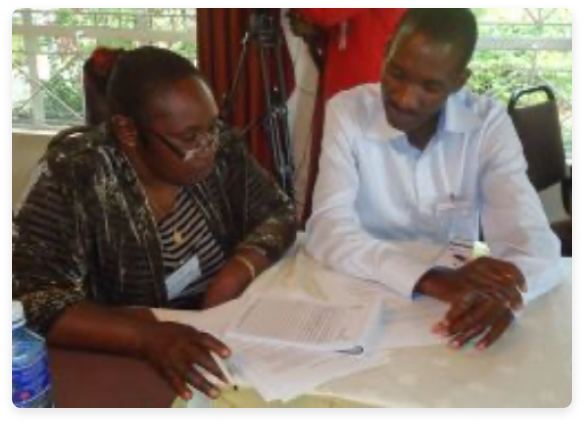
The formation of Love INC Kenya began in 2008 with a small group of pastors from Nairobi who felt that their churches were not fulfilling the mandate to “serve the poor among us”. According to 2009 data from the World Bank, 47% of Kenyans still live below the national poverty line. However, despite overwhelming needs in the community, there has been a lack of coordination among churches to address the needs of the most vulnerable.
In response to this gap, World Relief Kenya pulled together a team of pastors from Nairobi churches for a vision trip in 2010 to the US. This team observed the US-based Love In the Name of Christ model in action.
Love INC is an adaptable model that can be translated across cultures and nations. In October 2010, a team from Love INC in the US came to Kenya to cast a vision for Love INC to a group of about 40 pastors from the Nairobi area. In early 2011, the decision was made adapt the Love INC model to Kenya. We wanted to see “love” happening!
Using a map of Nairobi as a guide, Love INC Kenya established five zones of service which run along five major road arteries in Nairobi: Thika Road, Karura, Ngong Road, Karengata, and Mombasa Road.
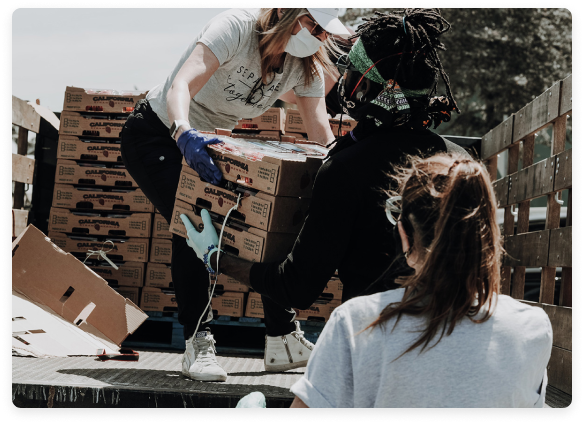
Stories from Around the World

Living Up To Its Name
After life took unexpected turns, Crystal found herself rebuilding in Newaygo, MI. “I was lost, fearing a wrathful God and struggling to find purpose. Then I discovered Growing Hope (a ministry of Love INC of Newaygo County, MI). Joining it, I didn’t realize the incredible journey ahead. ‘Love

Lasting Change Starts Here
A mother and son, facing homelessness, sought resources at Love INC of Oceana County, MI. They were regular visitors for years, but only recently joined their Transformational Ministry (TM) classes, seeking holistic support. During their time taking Transformational Ministry classes at Love INC, they secured stable housing and

The Githogoro I Want
One of Love INC Kenya’s five affiliates serves the Githogoro slum and sees countless needs, many of which point back to the same root issue – poor sanitation. Without safe, affordable, and accessible drinking water, residents face a high risk of contracting communicable diseases such as typhoid and





